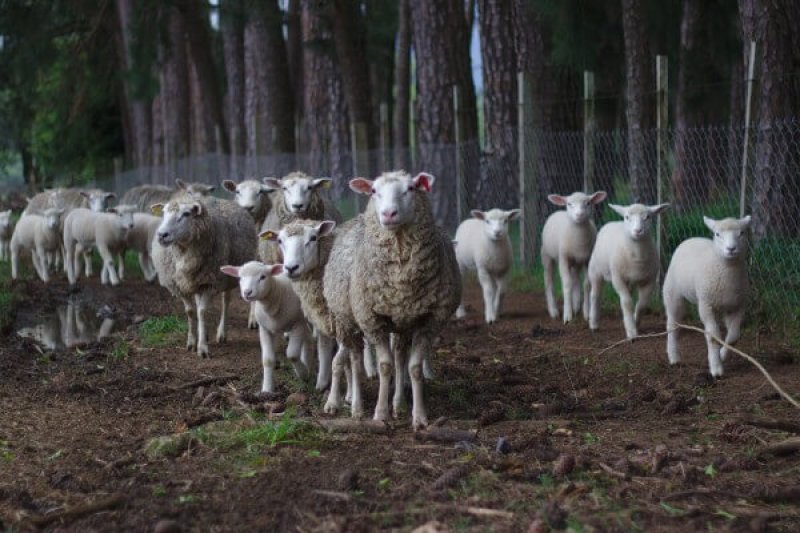Despite the Trump administration’s calls to increase innovation in biotechnology in a new draft proposal, experts say the classification of genetic editing and engineering as a drug continues to choke the industry.
[T]he federal agency that oversees genetic modification of animals announced plans to “advance an efficient, science-based pathway to market for safe animal biotechnology-derived products.” The United States Food and Drug Administration bills this “Action Plan” as a way to help scientists and start-ups bring plants and animals with edited genomes to the public, but retains some key limitations ….…
The FDA has long regulated food-producing animals that have been modified with genetic material added from unrelated organisms, known [as] “transgenic” animals. The first of these—the “AquaAdvantage” salmon—took more than 20 years to be cleared for consumption in the U.S., but, so far, it’s only been sold in Canada ….
Eric Hallerman, professor of fish conservation at Virginia Tech, advised the FDA to approve the fish in 2015. Currently, genetically engineered animals must go through a rigorous regulatory approval, showing that the alteration does not harm the animal or the environment.
Read full, original article: WHY THE FDA’S PLAN TO REGULATE GENE EDITING IN ANIMALS HAS SOME SCIENTISTS WORRIED































